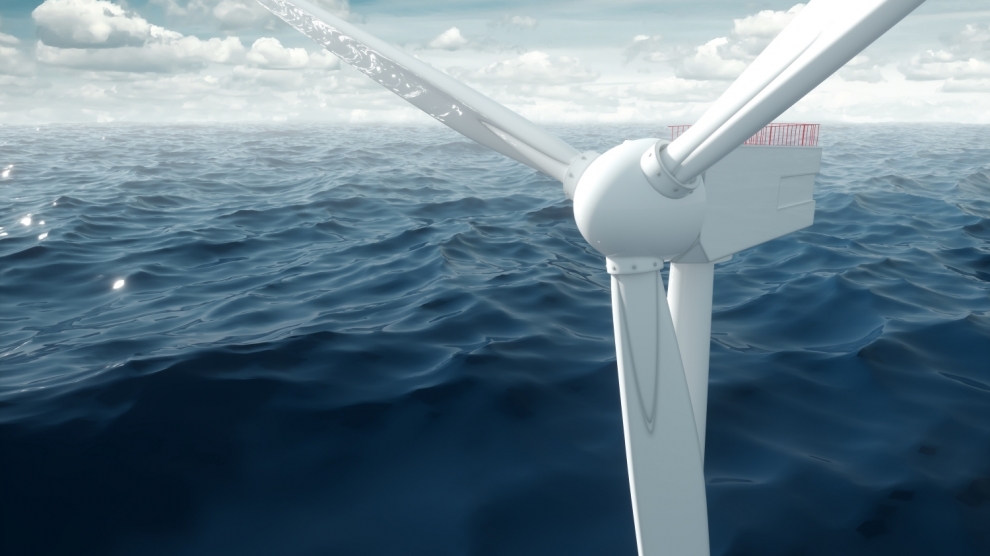A new EU-wide strategy hopes to kick-start investment in offshore renewables.
To help meet the European Union’s goal of climate neutrality by 2050, the European Commission has put forward an EU-wide Strategy on Offshore Renewable Energy, which proposes to increase Europe’s offshore wind capacity from its current level of 12 GW to at least 60 GW by 2030 and to 300 GW by 2050.
The Commission aims to complement this with 40 GW of ocean energy and other emerging technologies such as floating wind and solar by 2050.
This ambitious growth will be based on the vast potential across all of Europe’s sea basins and on the global leadership position of EU companies in the sector. It will create new opportunities for industry, generate green jobs across the continent, and strengthen the EU’s global leadership in offshore energy technologies. It will also ensure the protection of our environment, biodiversity and fisheries.
Importantly however, while the strategy underlines the opportunities across all of the EU’s sea basins – the North Sea, the Baltic Sea, the Black Sea, the Mediterranean and the Atlantic – and for certain coastal and island communities, the benefits of these technologies are not limited to coastal regions. The strategy highlights a broad range of inland areas where manufacturing and research is already supporting offshore energy development.
“This strategy shows the urgency and opportunity of ramping up our investment in offshore renewables,” says European Commission Executive Vice-President for the European Green Deal, Frans Timmermans. “With our vast sea basins and industrial leadership, the European Union has all that it needs to rise up to the challenge. Already, offshore renewable energy is a true European success story. We aim to turn it into an even greater opportunity for clean energy, high quality jobs, sustainable growth, and international competitiveness.”
To promote the scale-up of offshore energy capacity, the Commission will encourage cross-border cooperation between member states on long term planning and deployment. This will require integrating offshore renewable energy development objectives in the National Maritime Spatial Plans which coastal states are due to submit to the Commission by March 2021. The Commission will also propose a framework under the revised TEN-E regulation for long-term offshore grid planning, involving regulators and the member states in each sea basin.
Commissioner for Energy Kadri Simson adds: “Europe is a world leader in offshore renewable energy and can become a powerhouse for its global development. We must step up our game by harnessing all the potential of offshore wind and by advancing other technologies such as wave, tidal and floating solar. This strategy sets a clear direction and establishes a stable framework, which are crucial for public authorities, investors and developers in this sector. We need to boost the EU’s domestic production to achieve our climate targets, feed the growing electricity demand and support the economy in its post-Covid recovery.”
The Commission estimates that investment of nearly 800 billion euros will be needed between now and 2050 to meet its proposed objectives.
To help generate and unleash this investment, the Commission will provide a clear and supportive legal framework as well as help mobilise all relevant funds to support the sector’s development.
It will also ensure a strengthened supply chain. The strategy underlines the need to improve manufacturing capacity and port infrastructure and to increase the appropriately skilled workforce to sustain higher installation rates. The Commission plans to establish a dedicated platform on offshore renewables within the Clean Energy Industrial Forum to bring together all actors and address supply chain development.
Offshore renewable energy is a rapidly growing global market, notably in Asia and the United States, and provides opportunities for EU industry around the world. Through its Green Deal diplomacy, trade policy and the EU’s energy dialogues with partner countries, the Commission will support global uptake of these technologies.
—
Unlike many news and information platforms, Emerging Europe is free to read, and always will be. There is no paywall here. We are independent, not affiliated with nor representing any political party or business organisation. We want the very best for emerging Europe, nothing more, nothing less. Your support will help us continue to spread the word about this amazing region.
You can contribute here. Thank you.








Add Comment